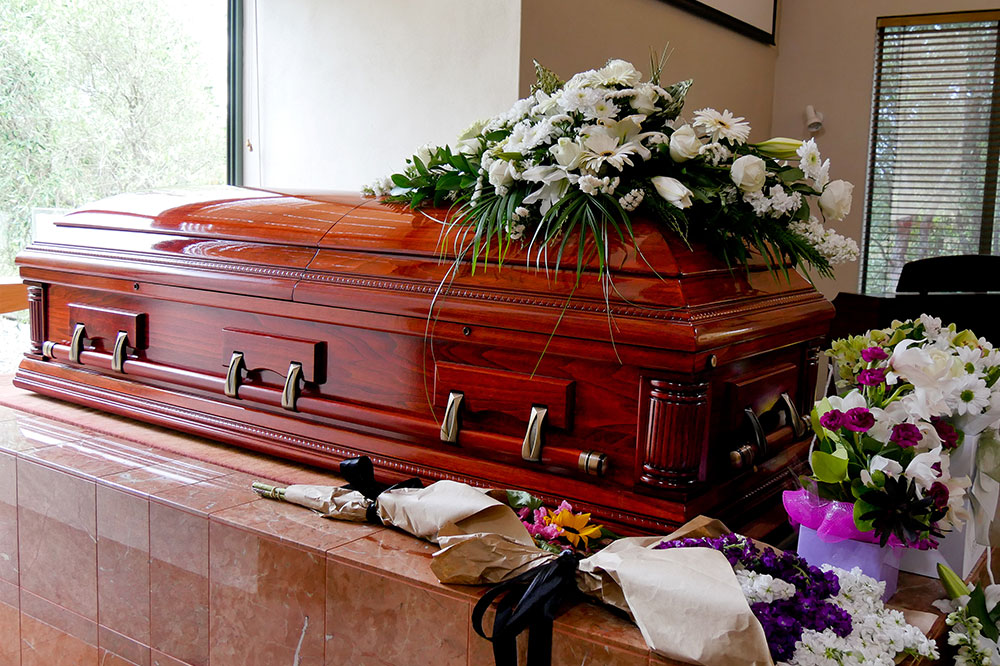Ultimate Guide to Estimating and Managing Funeral Costs
This comprehensive guide explains the key aspects of funeral expenses, covering average costs, service options like burial and cremation, planning tips, insurance plans, and how to find reliable funeral providers. It aims to help families prepare financially and choose appropriate services during a difficult time, highlighting ways to manage rising costs and ensure respectful final arrangements.

Ultimate Guide to Estimating and Managing Funeral Costs
What are the typical funeral expenses?
In 2024, average funeral costs exceeded $10,000. Several elements impact the total expense, including location and coverage by the deceased’s insurance. Funeral costs are generally divided into basic charges, service fees, and vendor cash advances for essential items.
Location plays a significant role. For instance, Hawaii ranks among the most expensive states, with funeral expenses reaching around $15,000. Costs cover services such as casket selection, funeral director fees, body preservation, ceremonies, and transportation.
Additional costs like floral arrangements, hiring pallbearers, obituary notices, clergy, and musicians are usually paid separately.
Available Funeral Service Options
Families can opt for burial or cremation based on the deceased’s wishes. Funeral providers are equipped to accommodate large gatherings. Here are some common services.
Body preservation
Embalming helps preserve the body for extended viewing but is optional. It’s legally non-mandatory (with some exceptions), costing around $800 on average. Many families choose cremation shortly after passing, reducing overall expenses.
Traditional funeral
The primary expense here is a casket, which can cost over $2,500 for standard designs. Luxury options with exotic woods or precious metals may exceed $10,000. It’s best to purchase directly from funeral homes rather than third-party vendors, ensuring dignity for the deceased’s final journey.
Burial services
Burial involves containers like vaults or grave liners. Vaults made of metal or concrete protect against soil collapse. These are optional, but costs vary based on materials and labor involved.
Cremation services
Cremation generally costs less than traditional burial, often under $5,000, including transport and viewing. Additional expenses include guest catering and facilities for mourners.
Engaging family and friends for certain tasks can lower costs. Saving money this way allows for additional services or covers cash advances for basic needs.
Managing Funeral Expenses
Funeral costs have surged over 200% in the past three decades, adding financial strain on grieving families. Planning ahead can ease this burden through various methods.
Bank loans offered by funeral homes with credit options
Prepaid funeral plans establishing expenses in advance
B就是说letion benefits for military members
Payable-on-Death (POD) savings accounts for future needs
Life insurance policies covering funeral costs
Funeral Insurance Options
Many insurers provide policies designed specifically for funeral expenses. Paying premiums beforehand ensures funds are available for burial or cremation costs. Some policies cover out-of-pocket expenses and additional services. These plans can be purchased by anyone to avoid financial stress during loss.
Seniors can select over-60 funeral insurance plans, with premiums as low as $18 monthly. For older individuals (ages 65-70), premiums may range from $93 to $116 per month, depending on coverage. Factors influencing premiums include age, gender, desired coverage, and whether a health checkup is required.
Coverage amounts typically range from $5,000 to $20,000, with options for policies without health assessments but at higher premiums. Qualifying circumstances such as ongoing treatments or illness may affect eligibility for immediate coverage.
Finding Funeral Service Providers
To locate nearby funeral homes or crematories, online directories like the Funeral Homes Network are invaluable. They list accredited providers by region, allowing comparisons of services and insurance acceptance. This resource simplifies planning during a difficult time.
Comparing providers ensures you find the appropriate services at the best price. Visit online guides and resource hubs to make informed choices quickly and confidently.
Note:
Our articles offer practical insights across various topics. While based on thorough research, they are for informational purposes only and should not replace professional advice. The accuracy of information may vary across sources, and certain schemes or offers may differ by location. Use this guidance as a useful starting point for planning and decision-making.










